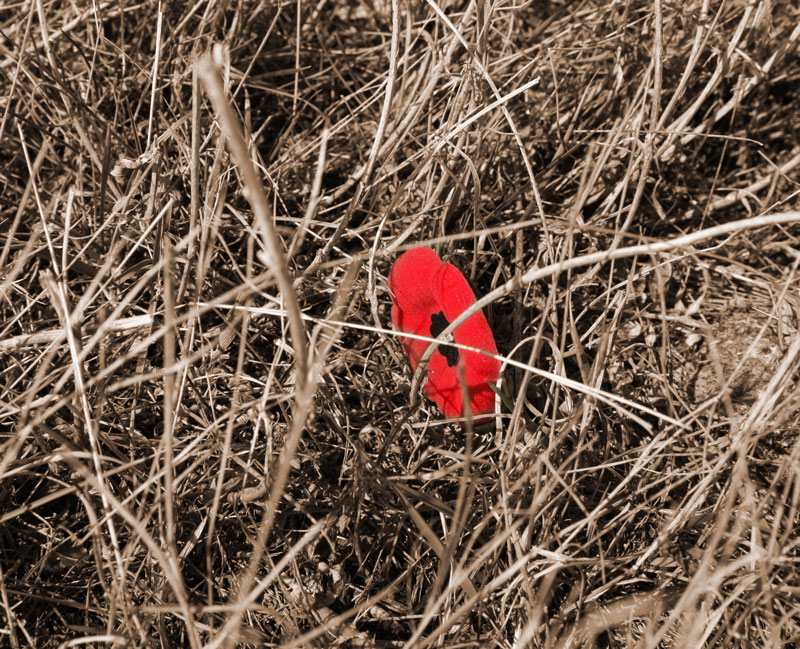A couple of years ago I wrote a LinkedIn article on Tall Poppy Syndrome and its insidious impact in Australia. The phrase describes how high achievers, those who stand out because of their success, are cut down to size. It was a highly personal piece and it struck a chord with a lot of people. Many of them contacted me privately to say how destructive this phenomenon has been in their lives. So, I thought I’d update that piece with more thoughts.
Recently, an Australian author who read that article wrote to tell me that his latest novel (which looks brilliant) was celebrated in the US but not here in his home country. “In Australia, even mentioning my novel is generally met with people changing the subject to avoid hearing about someone doing something with their lives,” he wrote. “It’s fascinating. I’ve spent my life working in all parts of the world and I’ve never seen so much negativity towards success which masks such brutally low national self-esteem.”
Powerful and depressing. And a daily Australian reality.
Why can’t we just celebrate others? What is this block we come up against? The #metoo movement is a striking example of how it’s possible to challenge and reject entrenched ways of thinking and behaving. Isn’t it time as Australians to say, enough is enough? Time to consciously decide to change the narrative so that we celebrate the achievement of others’ instead of viewing it as a threat to our own success?
One way I see it play out is how we talk about research commercialisation. Australia ranks near the top of the OECD for research excellence, whereas where we rank much lower when it comes to translating that knowledge into new products or other innovation. I don’t dispute the numbers but what I find extraordinary is how we bury the many successful stories we do have of research commercialisation.
The STEM Matters team and I recently pulled together a series on inventions from research The Brilliant. I thought it would be easy. We work with a lot of universities, I have started several science and environment publications and I know a lot of scientists. My team and I know where to look and who to talk to. But even with all our contacts and background knowledge, we struggled. Don’t get me wrong, it’s not that we lack research commercialisation success – it’s that these stories aren’t being communicated to a wider audience. It took a huge number of research hours and enquiries to unearth hidden gems that should be well known, easily found and promoted widely.
I joked to one researcher that if you want to hide a body, tell a university it’s an example of successful research commercialisation.
But this isn’t a story about how universities communicate, it’s about all of us. If we aren’t prepared to hear and celebrate those around us, where’s the incentive to tell those stories? If we want to be celebrated, we have to move away from venerating ‘self-deprecation’ as a national quality and instead encourage those around us to tell us their stories and to celebrate with them.
By not celebrating and talking about success, it means we don’t have the language or tools to give potential investors, funders and collaborators the confidence that they are investing in and working with people that know what they are doing. Pitching to others is as much about pitching yourself, as it is about the idea. You need to be comfortable in your own skin, talking about your own worth and your own successes. And that takes practice and an environment in which you can practise. In Australia we don’t create that environment, we suppress people by discouraging or ignoring these stories. It’s a part of the research commercialisation challenge we simply must address.
This isn’t something that requires us to buy expensive software, to lose five kilos or take a long business trip. We can simply decide as individuals to celebrate those around us. As leaders we can deliberately talk about success and encourage everyone to do the same. All of us can afford to be generous with our compliments, to ask people what they are proud of and to celebrate with them.
Article by Kylie Ahern
Photo Credit:

